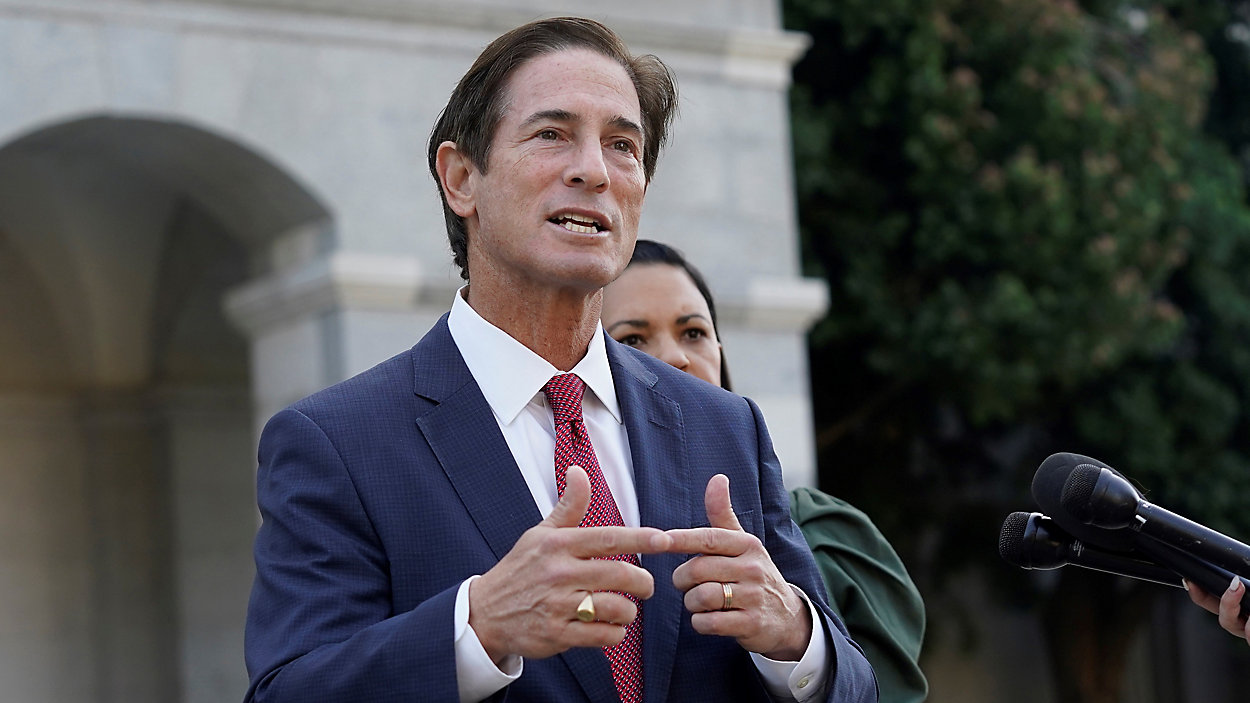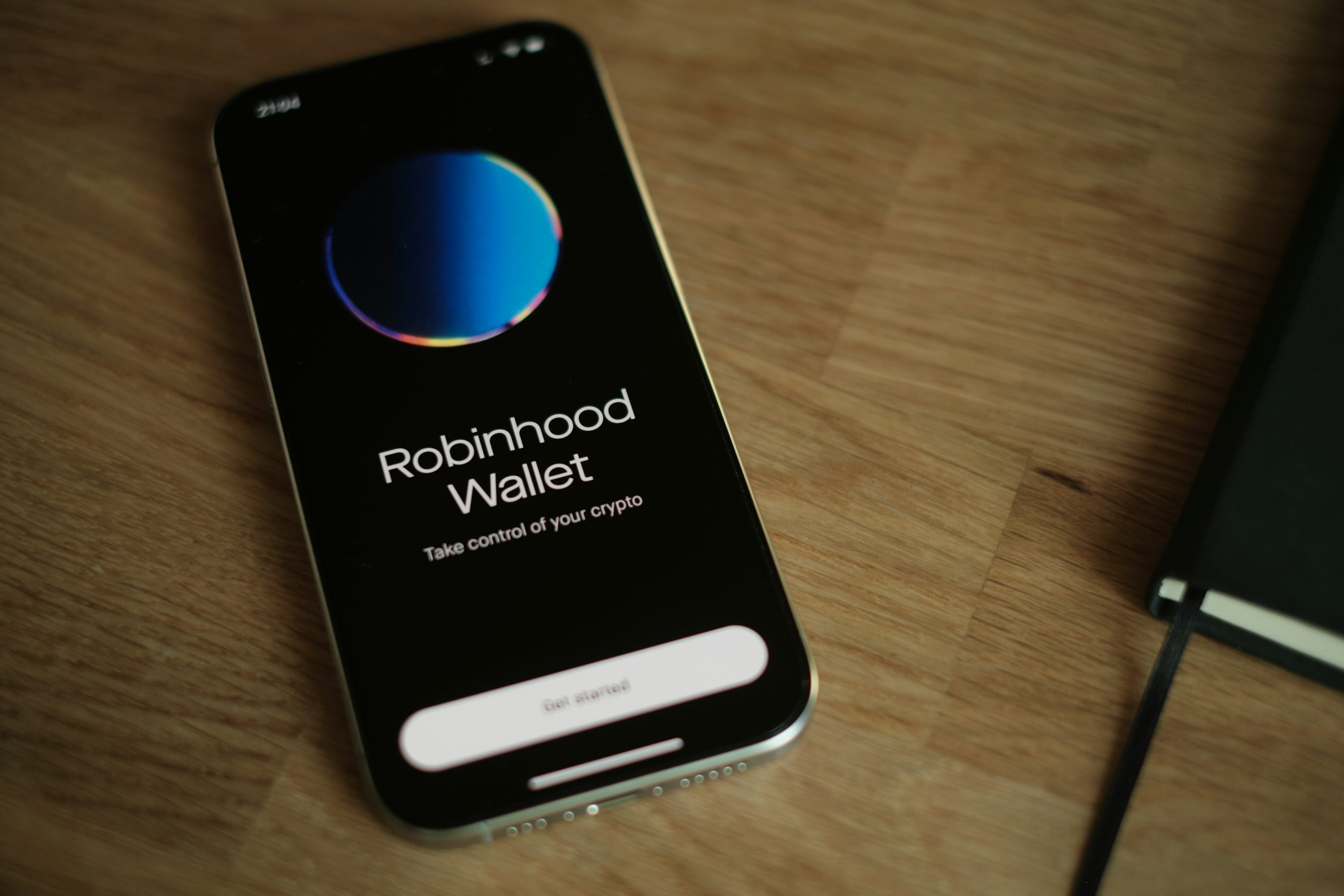Every minute of downtime costs businesses up to $400B annually, yet incident response hasn’t fundamentally changed in decades. When critical systems fail, the same five senior engineers get jolted awake at 2 a.m., scrambling to join bridge calls while juggling Slack threads, Jira tickets, and Datadog dashboards to piece together what went wrong. Vibranium Labs addresses this chaos with Vibe AI, the first 24/7 AI Site Reliability Engineer that leverages multimodal agentic technology to proactively monitor, triage, and resolve IT incidents before they impact customers. Acting as an always-on incident engineer that integrates seamlessly into existing tools like PagerDuty, Jira, and AWS, Vibe AI cuts mean time to resolution by up to 85% while protecting millions in revenue. The company recently became one of AWS’s inaugural agentic AI partners, joining Salesforce and Splunk in the first-ever agentic AI marketplace, and serves Fortune 1000 companies across finance, healthcare, media, e-commerce, and defense sectors where uptime is mission-critical.
AlleyWatch sat down with Vibranium Labs CEO and Co-Founder Sang Lee to learn more about the business, its future plans, recent $4.6M seed round, and much, much more funding…
Who were your investors and how much did you raise?
We raised $4.6M in seed funding led by Calibrate Ventures and Mirae Asset. The round also included participation from a16z, Franklin Templeton, Plug and Play, Gaingels, Wildcard Capital, FalconX, and DCG.
Tell us about the product or service that Vibranium Labs offers.
Vibranium Labs offers Vibe AI. Think of it as a “sixth engineer” that never sleeps. Vibe AI proactively monitors, triages, and resolves IT incidents before they impact customers. It integrates directly into tools engineers already use – e.g., PagerDuty, Jira, Datadog, Slack, AWS – and offloads the repetitive, high-stakes tasks that cause burnout. The result is faster resolution, reduced downtime, and stronger customer trust in an always-on digital world.
What inspired the start of Vibranium Labs?
The idea came directly from personal experience. Both my cofounder, Tim Hwang, and I have been in those 2 a.m. firefights where an app goes down, you’re juggling logs, tickets, and dashboards, and the company’s revenue is bleeding by the minute. I experienced it firsthand at AWS and Google, and Tim saw it as a founder and operator at Fiscalnote (NYSE: NOTE). We realized that incident response hasn’t fundamentally changed in decades – it’s still a handful of senior engineers pulled from sleep or family to fix issues under enormous pressure. We started Vibranium Labs to end that chaos and build an AI teammate that could shoulder the load alongside engineers, not replace them.
How is Vibranium Labs different?
Traditional incident response has been almost entirely people-driven – engineers manually reviewing code, running pair programming sessions, or going through endless approval cycles before anything goes live. Vibe AI uses agentic AI to take on the work that normally drains engineering teams: detecting when something’s about to break, pinpointing why it broke, rolling back changes, or surfacing past fixes instantly. It’s like having the smartest engineer in the company, one who’s seen every outage and knows every resolution, on call 24/7. Importantly, we’re not trying to replace engineers. We designed Vibe AI to empower them. When downtime can cost tens of thousands of dollars per minute, speed and clarity of incident response are business-critical.
What market does Vibranium Labs target and how big is it?
We focus on industries where uptime is absolutely mission-critical, like media, e-commerce and retail, healthcare, and fast-growing SaaS, and even defense. These are environments that are heavily regulated, deeply complex, and often operate on a global scale. That complexity creates real pain: dozens of products interacting with each other, multiple engineering teams across different time zones, and an expectation of zero downtime. With over half of new code now written by AI, which introduces fresh reliability risks, the demand for AI-powered incident response is only accelerating.
What’s your business model?
We operate as a hybrid SaaS platform. Customers pay a base licensing fee, and then usage scales with demand. This ensures accessibility for fast-growing SaaS companies while also scaling to meet the needs of global enterprises with complex infrastructure.

How are you preparing for a potential economic slowdown?
Every minute of outage can mean millions in lost revenue. That makes tools like Vibe AI “must-have” infrastructure. Even in a slowdown, we’re helping companies do more with less by reducing toil, protecting revenue, and safeguarding customer trust.
What was the funding process like?
It was relatively fast, about six to eight weeks from start to close. The pain point we’re solving is universal: if you ask any engineer what they dread most, it’s getting paged at 2 a.m. to fix a broken system. Investors recognized immediately how transformative it would be to automate and accelerate that process with AI. Many even saw the problem firsthand in their own portfolio companies. That clarity of the problem and the strength of our team made fundraising unusually smooth.
What are the biggest challenges that you faced while raising capital?
Our main challenge was to clearly articulate why Vibranium Labs and Vibe AI are the next logical step, as there’s been a wave of capital into AI coding assistants. We’re solving the failures those tools introduce, not just adding another coding assistant. Once investors saw that, it clicked.
What factors about your business led your investors to write the check?
Investors saw that outages cost businesses $400B+ annually, and current tools only scratch the surface. Investors saw the urgency of our mission: building a more reliable internet. Outages aren’t just abstract numbers – they are a pain I’ve lived through personally, being woken up at 2 AM on a Saturday night to fix critical systems. We’re taking that firsthand experience and applying AI to remove that burden for engineers everywhere.
What are the milestones you plan to achieve in the next six months?
We are always hiring and quickly scaling up the team, expanding our product line, and fully rolling out into enterprise customers to be deep inside media/entertainment, healthcare, fintech, retail & e-commerce, and other high growth industries.
What advice can you offer companies in New York that do not have a fresh injection of capital in the bank?
Stay laser-focused on solving one core pain point. Customers will pay for must-have products even in lean times. In our case, reducing downtime isn’t optional – it’s existential.
Where do you see the company going now over the near term?
We’re focused on enterprise-wide rollouts, positioning Vibe AI as the always-on SRE that augments engineering teams and becomes indispensable to critical industries.
What’s your favorite fall destination in and around the city?
Storm King Art Center.
























